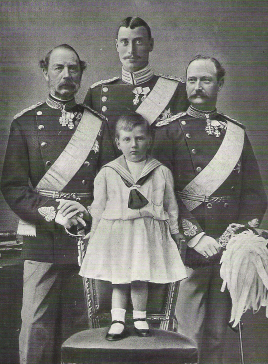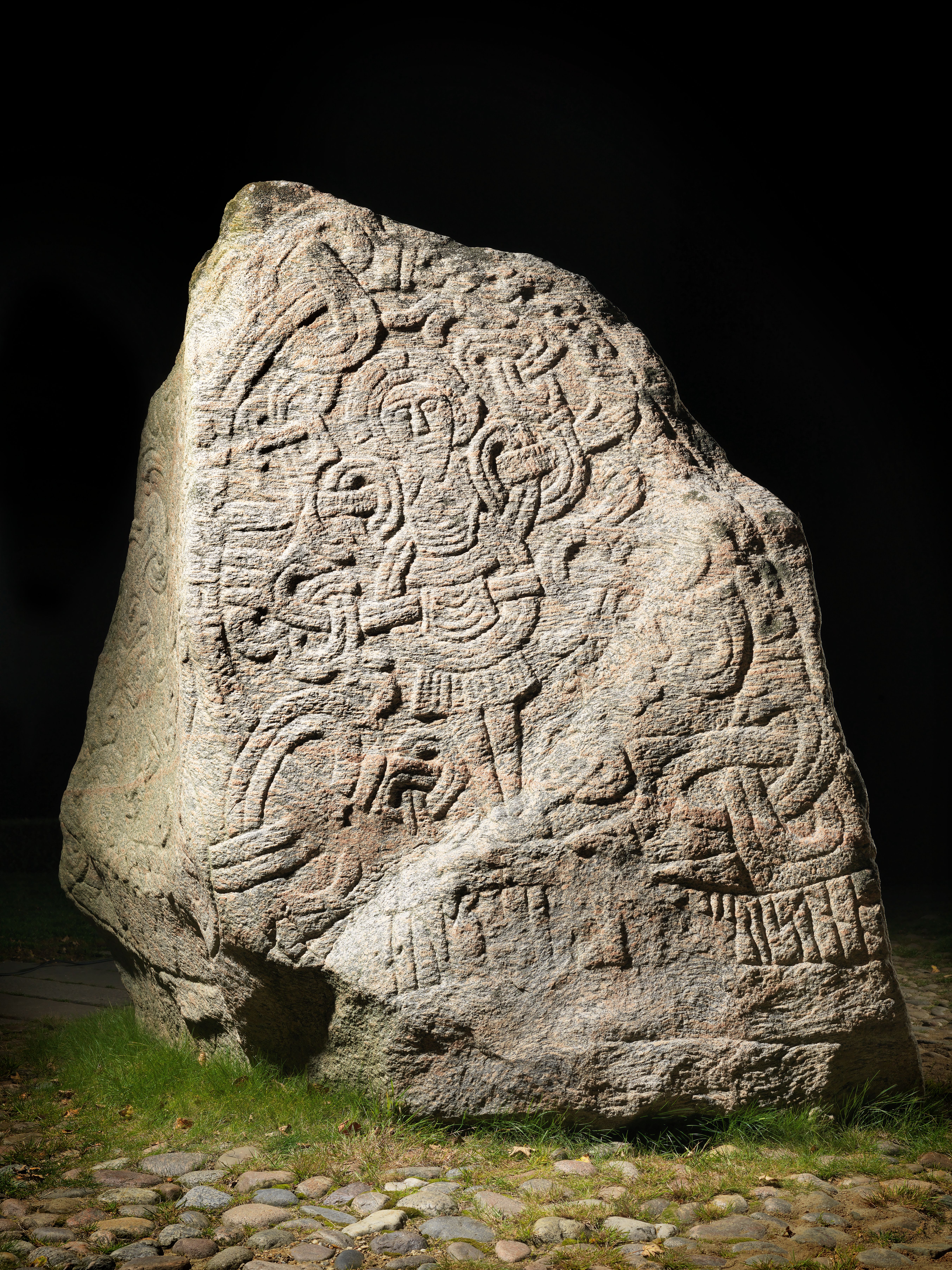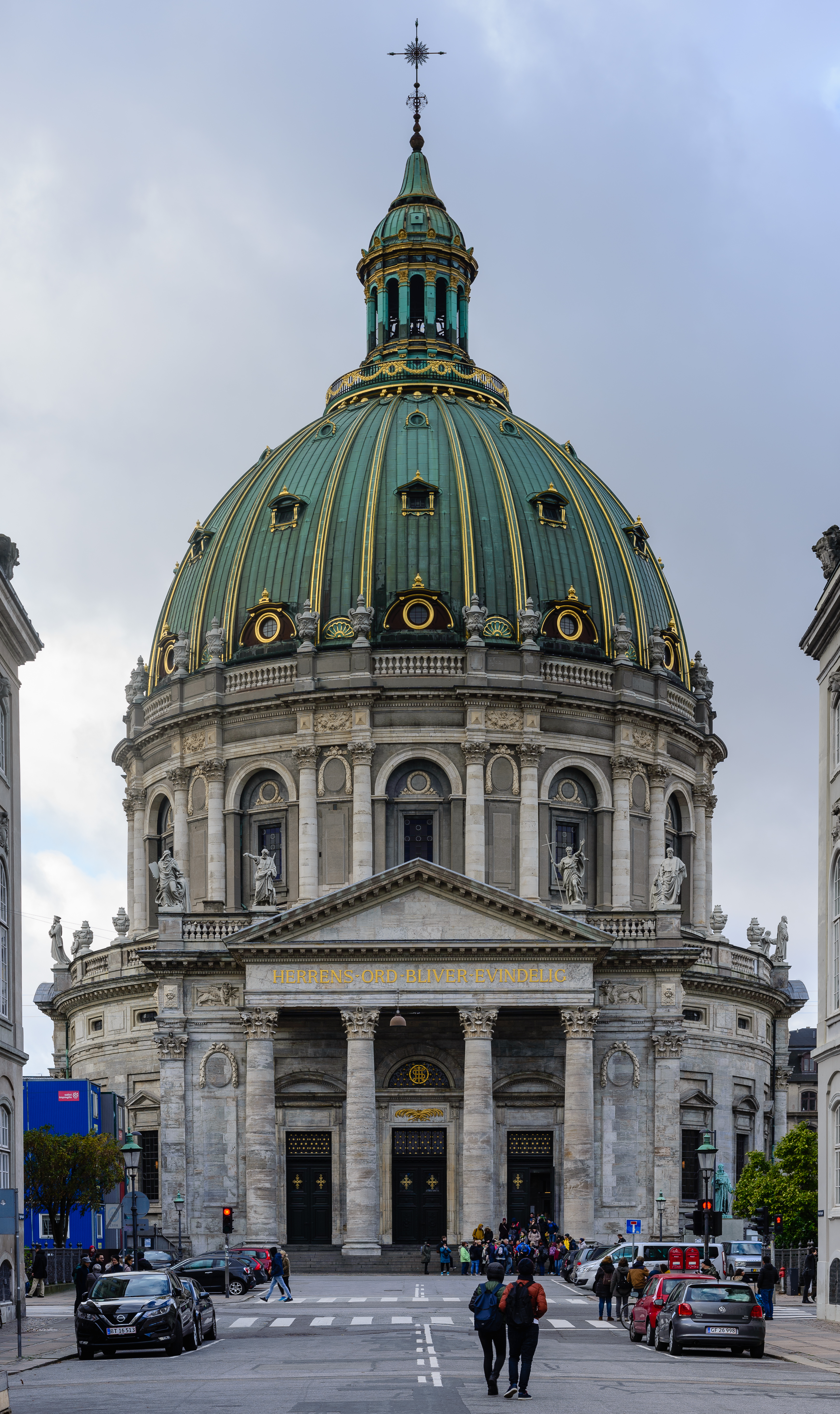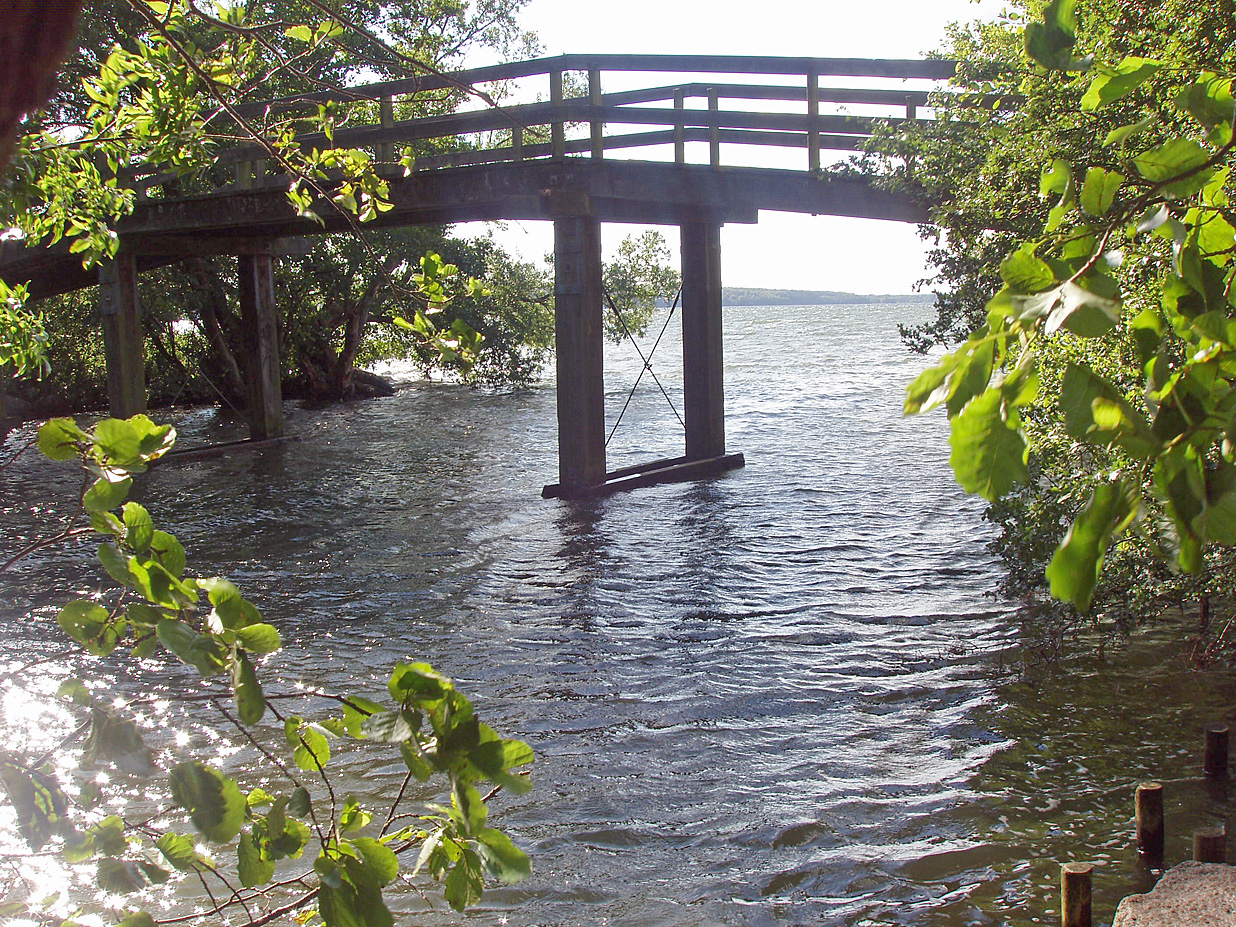|
Frederick IX Of Denmark
Frederik IX (Christian Frederik Franz Michael Carl Valdemar Georg; 11 March 1899 – 14 January 1972) was King of Denmark from 1947 to 1972. Frederik was born into the House of Glücksburg during the reign of his great-grandfather King Christian IX. He was the first child of Prince Christian of Denmark and Princess Alexandrine of Mecklenburg-Schwerin (later King Christian X and Queen Alexandrine). He became crown prince when his father succeeded as king in 1912. As a young man, he was educated at the Royal Danish Naval Academy. In 1935, he married Princess Ingrid of Sweden. They had three daughters: Margrethe, Benedikte and Anne-Marie. During Nazi Germany's occupation of Denmark, Frederik acted as regent on behalf of his father from 1942 until 1943. Frederik became king on his father's death in April 1947. During Frederik's reign, Danish society changed rapidly, the welfare state was expanded and, as a consequence of the booming economy of the 1960s, women entered ... [...More Info...] [...Related Items...] OR: [Wikipedia] [Google] [Baidu] |
King Of Denmark
The monarchy of Denmark is a constitutional political system, institution and a historic office of the Kingdom of Denmark. The Kingdom includes Denmark proper and the autonomous administrative division, autonomous territories of the Faroe Islands and Greenland. The Kingdom of Denmark was already consolidated in the 8th century, whose rulers are consistently referred to in Franks, Frankish sources (and in some late Frisians, Frisian sources) as "kings" (). Under the rule of King Gudfred in 804 the Kingdom may have included all the major Lands of Denmark, provinces of medieval Denmark. The current unified Kingdom of Denmark was founded or re-united by the Vikings, Viking kings Gorm the Old and Harald Bluetooth in the 10th century. Originally an elective monarchy, it became hereditary monarchy, hereditary only in the 17th century during the reign of Frederick III of Denmark, Frederick III. A decisive transition to a constitutional monarchy occurred in 1849 with the writing of th ... [...More Info...] [...Related Items...] OR: [Wikipedia] [Google] [Baidu] |
Church Of Denmark
The Evangelical-Lutheran Church in Denmark or National Church ( , or unofficially ; ), sometimes called the Church of Denmark, is the established, state-supported church in Denmark. The supreme secular authority of the church is composed of the reigning monarch and Denmark's Parliament, the Folketing. , 70.7% of the population of Denmark are members,Church membership 1990–2024 folkekirken.dk though membership is voluntary.Freedom of religion and religious communities in Denmark , Ministry of Ecclesiastical Affairs. Retrieved 21 January 2011. |
Mølleåen
Mølleåen, also Mølleå, sometimes translated as the Millstream, is a small river in North Zealand, Denmark, which runs from the west of Bastrup Sø near Lynge to the Øresund between Taarbæk and Skodsborg. The valley contains several country houses and a series of mills which initiated Denmark's industrial development. Course The source of the river is Hettings Mose between the lakes of Buresø and Bastrup Sø. Over the next , the river drops until it reaches the sea. After Bastrup Sø, the river runs through a swampy area to Farum Sø. Thereafter, for a period it becomes "Fiskebæk Å", passing under the Hillerød motorenway (E16) and Frederiksborgsvej before reaching Denmark's deepest lake, Furesø, with a depth of . After passing through Frederiksdal Storskov, the river runs under Nybrovej until it meets the lake of Lyngby Sø. Between here and the sea, the river falls a further , providing excellent opportunities for water mills. The river winds through the garde ... [...More Info...] [...Related Items...] OR: [Wikipedia] [Google] [Baidu] |
River
A river is a natural stream of fresh water that flows on land or inside Subterranean river, caves towards another body of water at a lower elevation, such as an ocean, lake, or another river. A river may run dry before reaching the end of its course if it runs out of water, or only flow during certain seasons. Rivers are regulated by the water cycle, the processes by which water moves around the Earth. Water first enters rivers through precipitation, whether from rainfall, the Runoff (hydrology), runoff of water down a slope, the melting of glaciers or snow, or seepage from aquifers beneath the surface of the Earth. Rivers flow in channeled watercourses and merge in confluences to form drainage basins, or catchments, areas where surface water eventually flows to a common outlet. Rivers have a great effect on the landscape around them. They may regularly overflow their Bank (geography), banks and flood the surrounding area, spreading nutrients to the surrounding area. Sedime ... [...More Info...] [...Related Items...] OR: [Wikipedia] [Google] [Baidu] |
Dwelling
In law, a dwelling (also known as a residence, abode or domicile) is a self-contained unit of accommodation – such as a house, apartment, mobile home, houseboat, recreational vehicle, or other "substantial" structure – used as a home by one or more households. The concept of a dwelling has significance in relation to search and seizure, conveyancing of real property, burglary, trespass, and land-use planning. Legal definitions Legal definitions vary by jurisdiction. 'Dwelling' (England and Wales) Under English law, a dwelling is defined as a self-contained 'substantial' unit of accommodation, such as a building, part of a building, caravan, houseboat or other mobile home. A tent is not normally considered substantial. 'Dwelling' (North Carolina) According to North Carolina General Statute § 160A-442, "Dwelling" means any building, structure, manufactured home or mobile home, or part thereof, used and occupied for human habitation, or intended to be so used, and inclu ... [...More Info...] [...Related Items...] OR: [Wikipedia] [Google] [Baidu] |
Constitutional Monarch
Constitutional monarchy, also known as limited monarchy, parliamentary monarchy or democratic monarchy, is a form of monarchy in which the monarch exercises their authority in accordance with a constitution and is not alone in making decisions. Constitutional monarchies differ from absolute monarchies (in which a monarch is the only decision-maker) in that they are bound to exercise powers and authorities within limits prescribed by an established legal framework. A constitutional monarch in a parliamentary democracy is a hereditary symbolic head of state (who may be an emperor, king or queen, prince or grand duke) who mainly performs representative and civic roles but does not exercise executive or policy-making power. Constitutional monarchies range from countries such as Liechtenstein, Monaco, Morocco, Jordan, Kuwait, Bahrain and Bhutan, where the constitution grants substantial discretionary powers to the sovereign, to countries such as the United Kingdom and other Common ... [...More Info...] [...Related Items...] OR: [Wikipedia] [Google] [Baidu] |
Welfare State
A welfare state is a form of government in which the State (polity), state (or a well-established network of social institutions) protects and promotes the economic and social well-being of its citizens, based upon the principles of equal opportunity, equitable distribution of wealth, and public responsibility for citizens unable to avail themselves of the minimal provisions for a good life. There is substantial variability in the form and trajectory of the welfare state across countries and regions. All welfare states entail some degree of Public–private partnership, private–public partnerships wherein the administration and delivery of at least some welfare programs occur through private entities. Welfare state services are also provided at varying territorial levels of government. The contemporary capitalist welfare state has been described as a type of mixed economy in the sense of state interventionism, as opposed to a mixture of planning and markets, since economic p ... [...More Info...] [...Related Items...] OR: [Wikipedia] [Google] [Baidu] |
Regent
In a monarchy, a regent () is a person appointed to govern a state because the actual monarch is a minor, absent, incapacitated or unable to discharge their powers and duties, or the throne is vacant and a new monarch has not yet been determined. The rule of a regent or regents is called a regency. A regent or regency council may be formed ''ad hoc'' or in accordance with a constitutional rule. ''Regent'' is sometimes a formal title granted to a monarch's most trusted advisor or personal assistant. If the regent is holding the position due to their being in the line of succession, the compound term '' prince regent'' is often used; if the regent of a minor is their mother, and she is wife or widow of the king, she would be referred to as ''queen regent''. If the formally appointed regent is unavailable or cannot serve on a temporary basis, a may be appointed to fill the gap. In a monarchy, a regent usually governs due to one of these reasons, but may also be elected to ... [...More Info...] [...Related Items...] OR: [Wikipedia] [Google] [Baidu] |
Denmark In World War II
At the outset of World War II in September 1939, Denmark declared itself Neutral countries in World War II, neutral, but that neutrality did not prevent Nazi Germany from Military occupation, occupying the country soon after the outbreak of war; the occupation lasted until Germany's defeat. The decision to occupy Denmark was taken in Berlin on 17 December 1939. On 9 April 1940, Germany occupied Denmark in Operation Weserübung. The Danish government and Christian X of Denmark, king functioned in a relatively normal manner until 29 August 1943, when Germany placed Denmark under direct military occupation, which lasted until the Allies of World War II, Allied victory on 5 May 1945. Contrary to the situation in other countries under German occupation, most Danish institutions continued to function relatively normally until 1945. Both the Danish government and king remained in the country in an uneasy relationship between a Democracy, democratic and a totalitarian system until 194 ... [...More Info...] [...Related Items...] OR: [Wikipedia] [Google] [Baidu] |
Princess Ingrid Of Sweden
Ingrid of Sweden (Ingrid Victoria Sofia Louisa Margareta; 28 March 1910 – 7 November 2000) was Queen of Denmark from 20 April 1947 to 14 January 1972 as the wife of King Frederik IX. Ingrid was born into the House of Bernadotte as the only daughter of Crown Prince Gustaf Adolf of Sweden (later King Gustaf VI Adolf) and his first wife, Princess Margaret of Connaught. In 1935, she married Frederik, then Crown Prince of Denmark. The couple had three daughters: Margrethe, Benedikte, and Anne-Marie. In 1947, Frederik became king upon the death of his father, King Christian X, and Ingrid became queen consort. As queen, Ingrid reformed the traditions of Danish court life, abolished many old-fashioned customs at court and created a more relaxed atmosphere at official receptions. In 1972, Frederik died and was succeeded by his and Ingrid's eldest daughter, Margrethe II. Ingrid died in 2000. Early life Ingrid was born on 28 March 1910, at the Royal Palace in Stock ... [...More Info...] [...Related Items...] OR: [Wikipedia] [Google] [Baidu] |
Royal Danish Naval Academy
The Royal Danish Naval Academy ( or more commonly, ''Søofficerskolen'') educates and commissions all officers for the Royal Danish Navy. Having existed for more than 300 years, it is the oldest still-existing officers' academy in the world. The education All aspirants (unlike many navies all candidates begin their time as aspirants and then become cadets) begin their education with 6 months of basic military training and general seamanship. Parts of this at the ''Naval NCO and Basic Training School'' (Danish: ''Søværnets Sergent- og Grundskole'') near Frederikshavn and other parts on the training vessel '' Georg Stage''. This goes to both aspirants that begin their education without prior military service and those who are recruited among enlisted and petty officers. Then follows an intensified NCO-training for another 6 months. If these periods are completed and passed, then the aspirant will move onto the Naval Academy. Here follows the education for the two functional l ... [...More Info...] [...Related Items...] OR: [Wikipedia] [Google] [Baidu] |








